Leadership is shifting-and it’s about time the corridors of power reflected it. In a world where policy shapes the future, women’s representation isn’t just progress. It’s a movement. This quarter, we shine a light on Women in Public Policy-celebrating trailblazers, confronting structural gaps, and pushing for a future where leadership is inclusive, ethical, and effective.… Continue reading Women in Public Policy: A New Era
Category: Gender & Development
Explore ISPP’s gender and development insights on equality, policy reform, inclusion, and strategies shaping equitable growth in India and beyond.
Women in Public Policy: A New Era
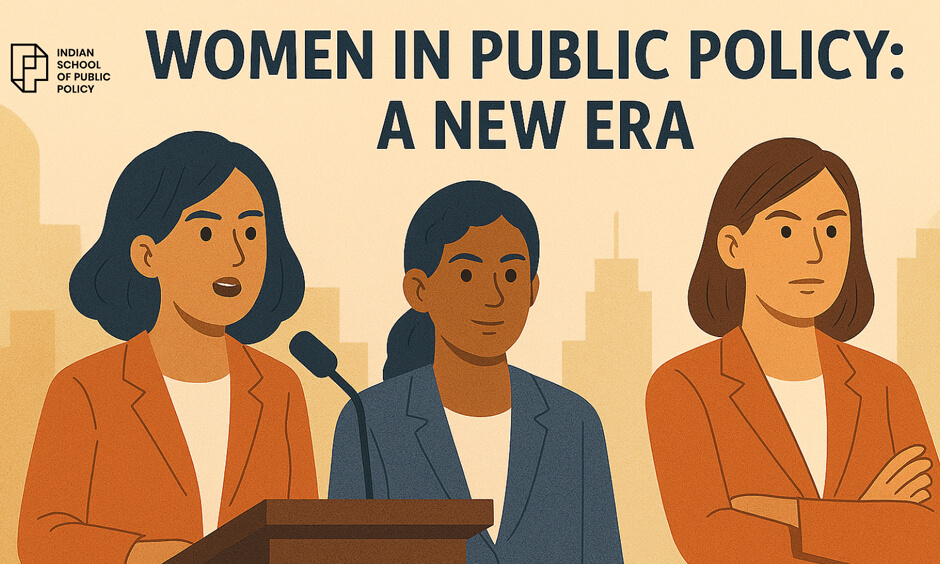
From Behind the Lines to the Front: there is an urgent need for more women inclusion in the defence sector
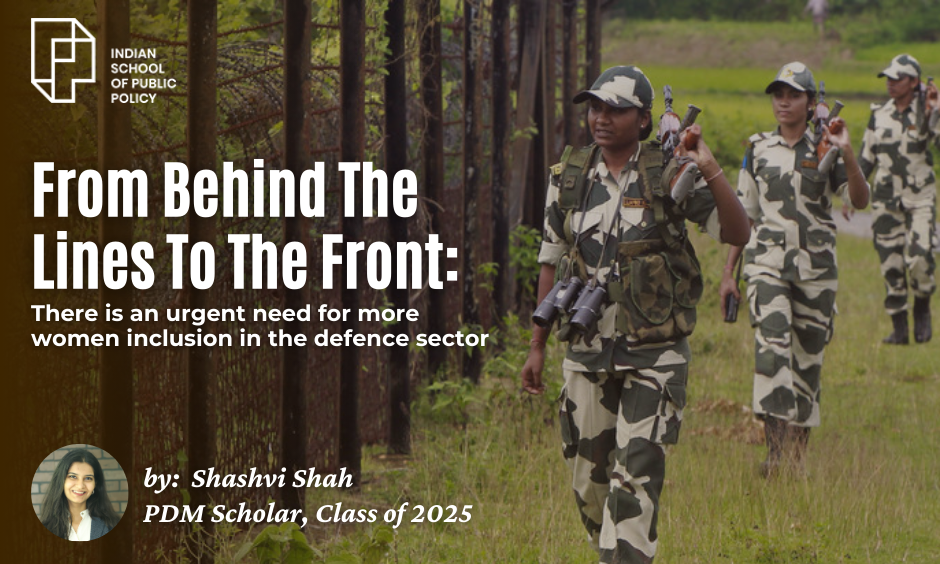
A ship in the middle of the storm with only half of the sail set will not be capable of moving. This is our reality in the defence sector- we are not fully utilising all we can from women. The question arises as to whether as a nation we can continue to neglect the very women… Continue reading From Behind the Lines to the Front: there is an urgent need for more women inclusion in the defence sector
The Evolution of Gender Policy: Striving for Equal Rights
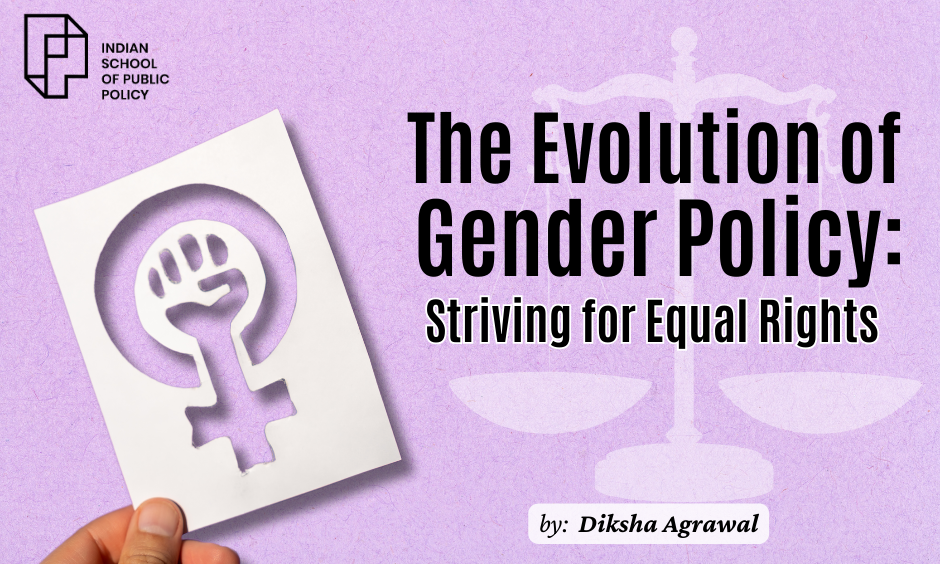
August 19, 2024, was a night that saw a fresh wave of outrage and grief following the brutal rape and murder of a 31-year-old postgraduate resident doctor in Kolkata. Protests erupted across the country against the gruesome act, with the public demanding systemic change in justice delivery. The horrifying incident is a clear reminder that,… Continue reading The Evolution of Gender Policy: Striving for Equal Rights
Unveiling the Impact of Public Policies on Women’s Equality in India
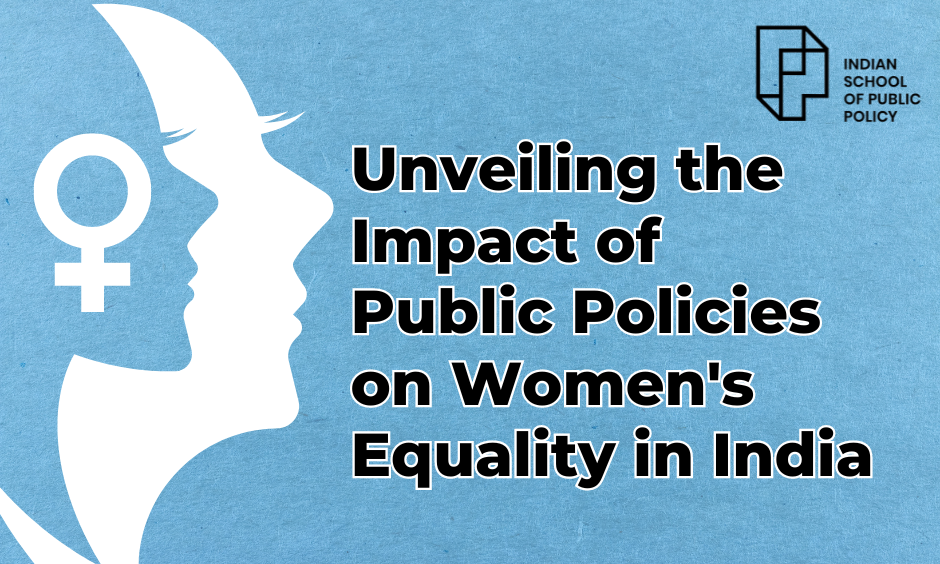
Society has long perpetuated the notion that biological differences between men and women justify unequal treatment and the assignment of specific roles to women. A complex array of institutions and state policies reinforced traditional gender roles, portraying women as supplementary, part-time earners supported by men. The legal framework in India perpetuated gender inequalities, with married… Continue reading Unveiling the Impact of Public Policies on Women’s Equality in India
Politics: A Workplace within POSH

In the world’s largest democracy, with over 2698 registered political parties; 8 national parties, 52 state parties, numerous regional and local parties, and millions of members across party lines, political parties in India can be categorized as one of the largest unorganized sectors. From the lowest rung of volunteers to the office bearers at the… Continue reading Politics: A Workplace within POSH
Property Ownership among Women in India
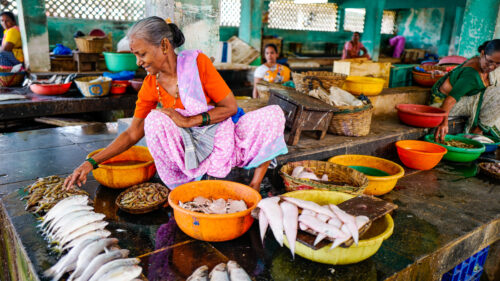
When women own property there is a noticeable improvement in their socio-economic well-being, their family’s health and nutritional outcomes, and also in their own physical security. On the contrary, women with no ownership over property find themselves incapable of engaging in economic activities or having a say in household matters and are comparatively more vulnerable to domestic violence.… Continue reading Property Ownership among Women in India
How Close Are Homemakers to Getting Their Due?: An Analysis of Makkal Needhi Maiam’s Remuneration Policy

On 21st Dec 2020, Makkal Needhi Maiam, the political party headed by South Indian superstar-turned-politician Kamal Hasan, in its “Seven point Governance & Economic Agenda”¹ promised remuneration to homemakers for their unpaid housework in a move to lend recognition and dignity to the labour of women at home. It may well be the first step… Continue reading How Close Are Homemakers to Getting Their Due?: An Analysis of Makkal Needhi Maiam’s Remuneration Policy
Menstrual Health Policy: A Case of Deflection from Action

Introduction The discourse on menstruation did not always enjoy the same attention it does today. In fact, the period between 1990-2000 was referred to as a “wall of silence: poor menstrual hygiene not recognized as an issue; absence of literature” by Dasra, an Indian philanthropy foundation that researched the Menstrual Health Management (MHM) landscape in… Continue reading Menstrual Health Policy: A Case of Deflection from Action
An analytical view of Gender Responsive Budgeting in post-COVID-19 India
The Government of India (GOI) defines Gender Budgeting as, “A process of identifying gender specific barriers across all sectors of development.”1 India began producing an annual Gender Budgeting Statement (GBS) as part of the Union Budget in 2005-06. A charter on Gender Budget Cells (GBCs) to be set up across GOI ministries was issued in 2007,… Continue reading An analytical view of Gender Responsive Budgeting in post-COVID-19 India
Making India’s Social Protection Gender Responsive: Opportunities for a post COVID-19 world
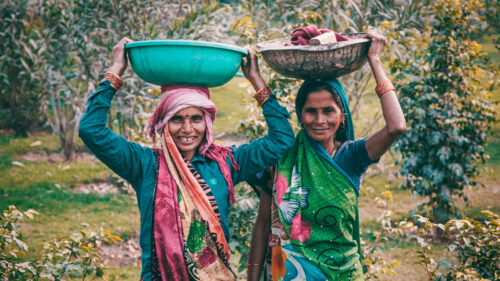
The COVID-19 pandemic has exacerbated pre-existing gender inequalities with its disproportionate impact on women. Even before the pandemic, women spent nearly 7 times more time on unpaid work compared to men1, which has surged further now.2 While lockdown restrictions and economic tensions are reported to have increased domestic violence,3 families are resorting to other negative coping mechanisms… Continue reading Making India’s Social Protection Gender Responsive: Opportunities for a post COVID-19 world


